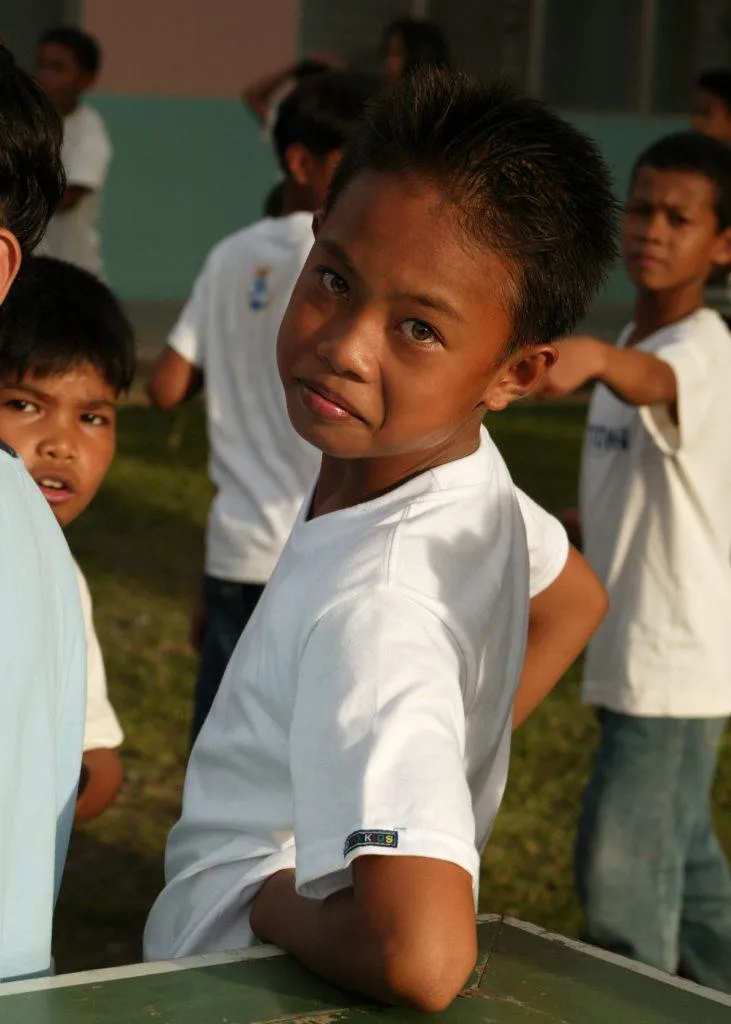LIFEPLANT INTERNATIONAL
SAVING LIVES…ONE AT A TIME
OUR MEDICAL MISSIONS
SURGERY
The local community benefits by the saving of two separate lives that will be and have been strong contributors to their community. For example, last years mission’s selection of a young operating room nurse (top of her nursing class and now in her mid-twenties) and another young lady (31 years old), whose college degree made her the pinnacle of the family’s business success, as well as it’s future survival, illustrate these points. Both cases reflect long-term community benefits from these transplants distinct from the individual patient’s health. These patients will act as examples of the living miracle of life enabled by these transplants and will help in future medical & humanitarian LifePlant missions for many years. More importantly, these patients will be able to continue their lives to their full potential, as contributing citizens to their communities, and often time the breadwinners for their families. All follow-up care for both donors and recipient patients will be done by the local medical community. Additionally, by learning updated (kidney transplant surgery) or new surgical (laparoscopic nephrectomy) procedures by the local assisting surgeons and physicians, the local surgical and medical teams raise the standard of medical care for all local, as well as for the whole Philippine country. For example, after Dr. Bretan performed the very first laparoscopic kidney removal in the Philippines in 2004, Dr. Gerial the Filipino urologist from Manila who assisted has subsequently performed over 95 similar cases in the Philippines, enabling him to in turn teach other local surgeons to perform these types of procedures. Additionally, he has participated in all subsequent LifePlant mission Transplant (2004 Tagum City, 2005 Davao, 2006 Davao, and 2007 Manila. Total = 4 separate missions) 2008 Davao, 2009 Iloilo, 2010 Tagum, 2011 Iloilo.
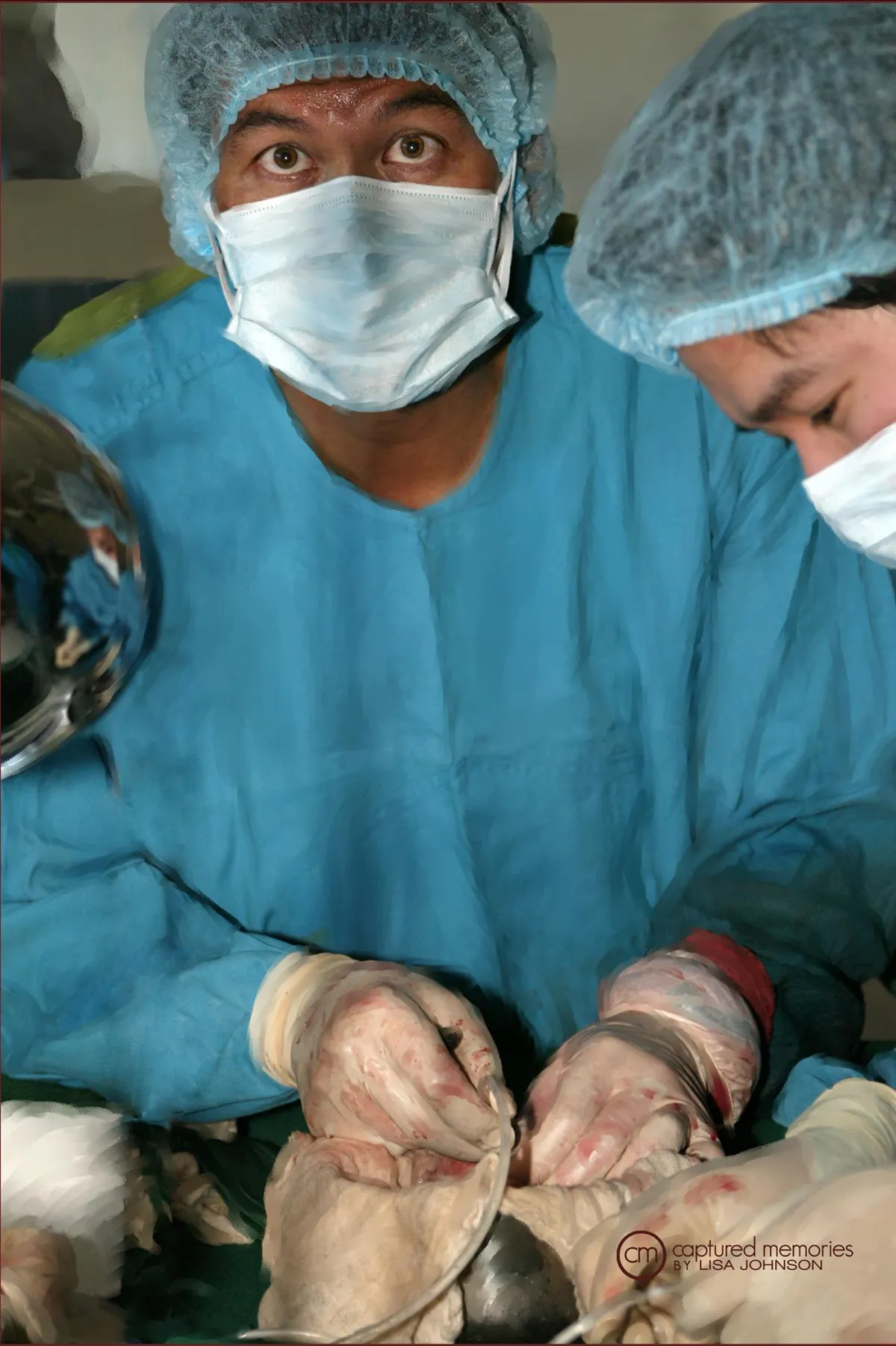
CONTINUING TO TEACH
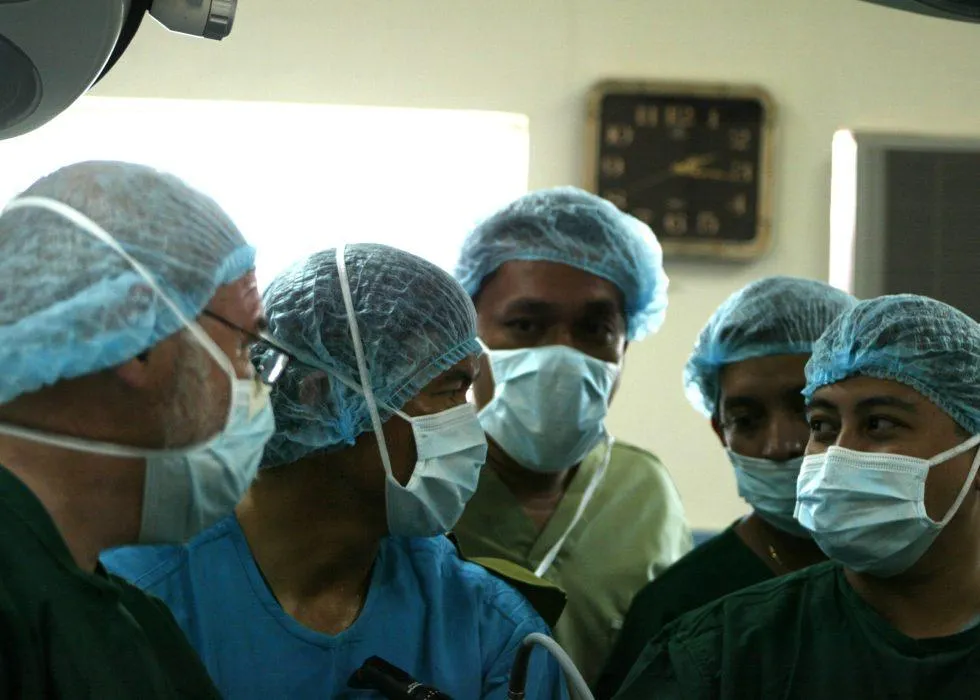
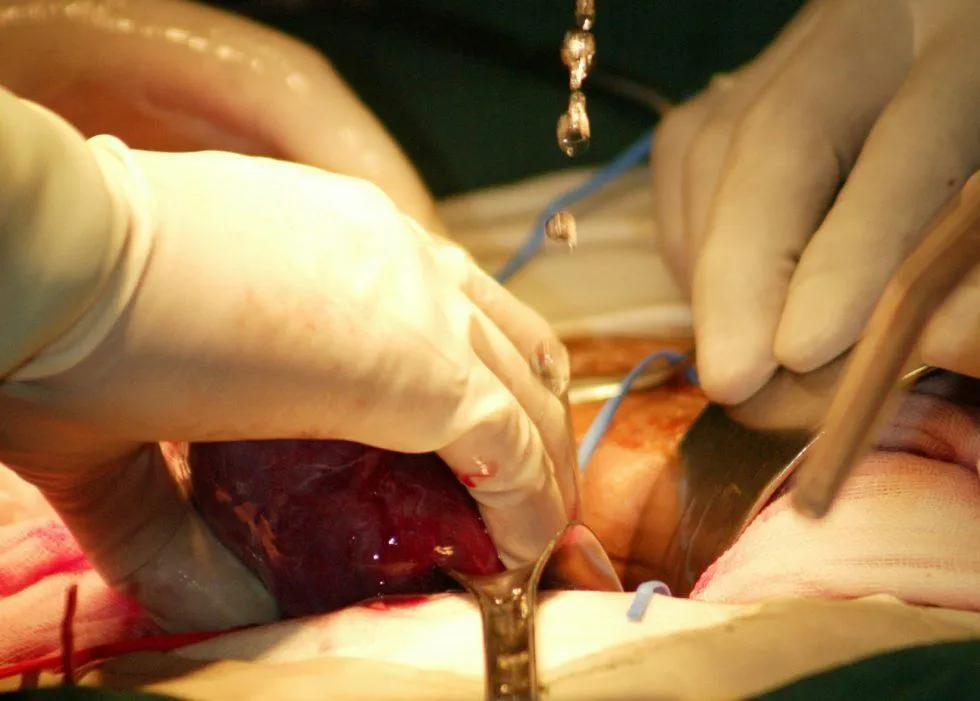
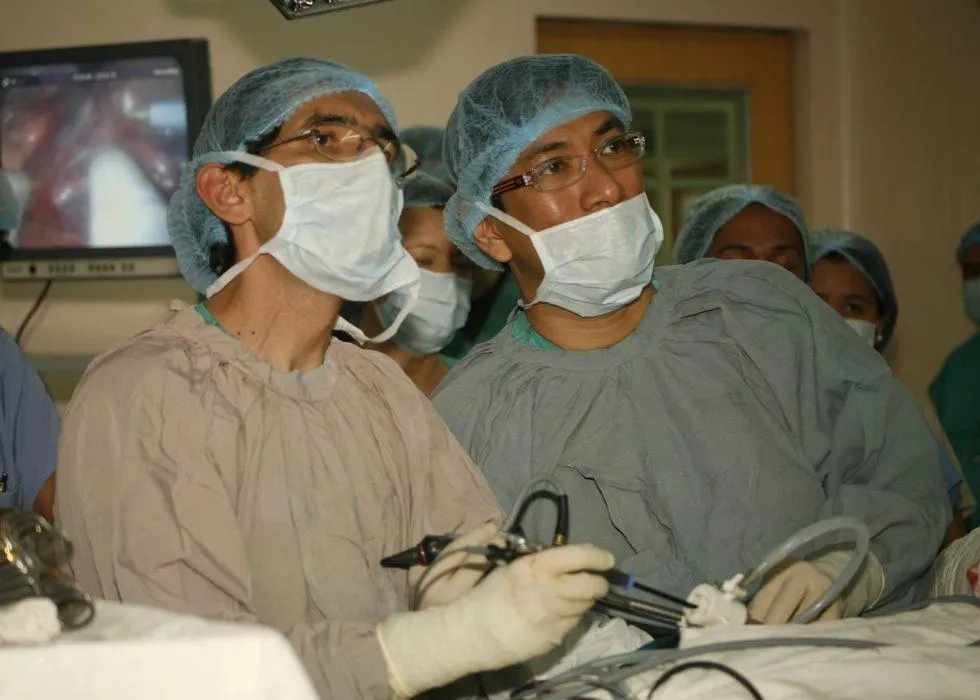
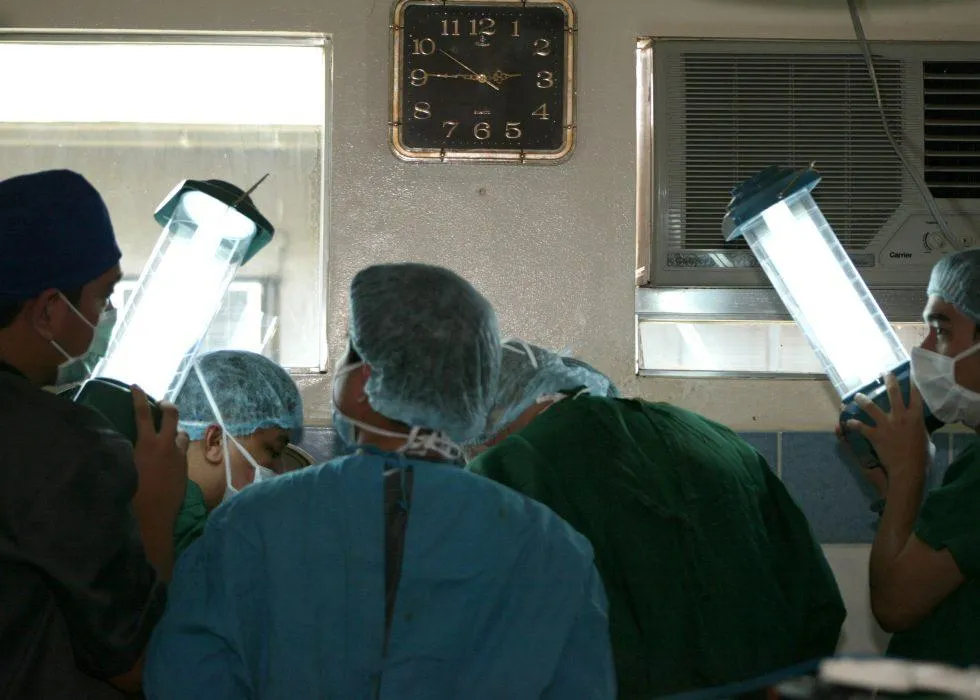
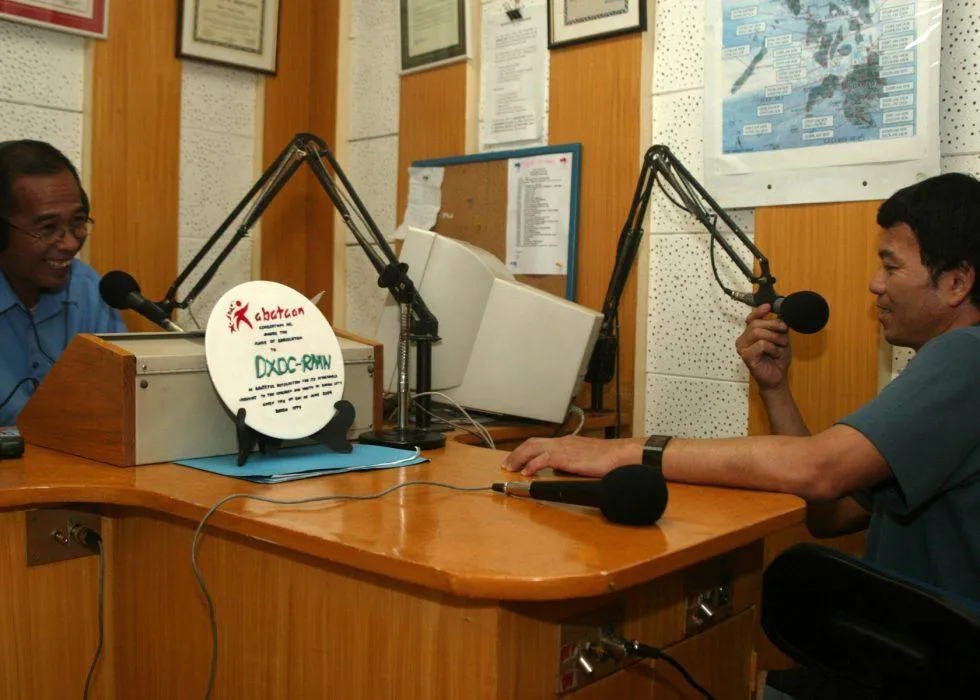
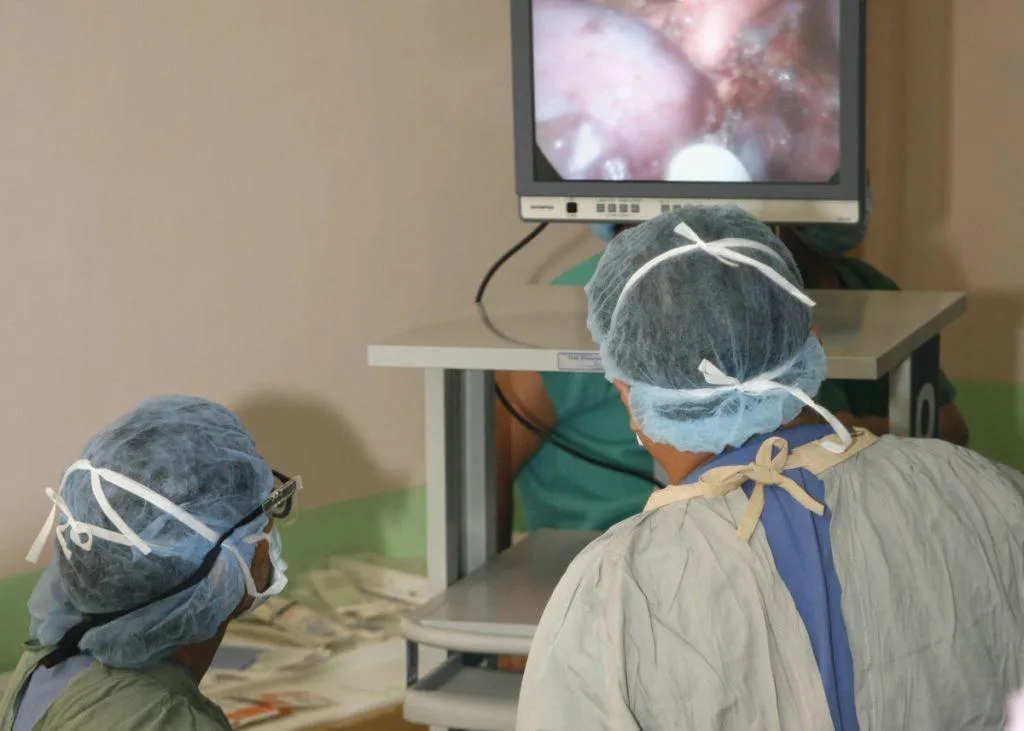
The project consists of donor-related kidney transplants for two patients who would otherwise succumb to kidney failure. Most of the patients in the Philippines are poor. Thus all the patients chosen for the LifePlant Mission transplants are indigent, thus they cannot afford the procedures on their own. However they are valued members of their communities, often working full time despite their kidney failure. This is uncommon here in the USA, as less than 4% of dialysis patients are working here full-time. Patients will be selected by local physicians over the three months period prior to the mission. The patients are selected for their high probability of medical success (ie all patients will be less than forty years of age) from transplantation, nevertheless, there is a small chance that because of the nature of their disease, some patients may be found medically ineligible just prior to the scheduled transplant. Thus backup patients will be selected in case illness precludes the possibility of a safe transplant. Additionally, the actual site may change to accommodate the patient used for backup. In this regard, no change in the cost of transplant for the patient’s procedure will be incurred. The likelihood that this may occur is small. Local surgeons will help Dr. Bretan implant the donor kidneys after the donor kidney is removed. Just prior to the transplant surgery, the donor kidneys will be harvested by Peter Bretan, M.D., a kidney transplant surgeon and founder of LifePlant International. The donor kidneys will be harvested laparoscopically, a procedure not done routinely in the Philippines, nor in most developing countries. The local surgeons will have the opportunity to assist with and observe the laparoscopic and transplant procedures. The local surgeon(s) thus will learn a procedure(s) not usually performed locally, benefiting local patient care and increasing quality of life (for laparoscopic kidney removal is associated with much less pain and recuperation time compared to the standard open kidney removal) for those heroes who help save lives by donating a kidney without any benefit to them both physically nor financially. All these procedures can be completed in one or two day(s) and patients will be surgically stable for discharge from the hospital within 3 to 4 days after the procedures. The transplant patients remain in the hospital for an additional (total in-hospital time approximately 6-7 days) 2-3 days for medication adjustments and this management will be managed by local Rotarian, Dr. Franklin Guillano, MD, the director of the transplant program in Davao.
BOYSTOWN ORPHANAGE
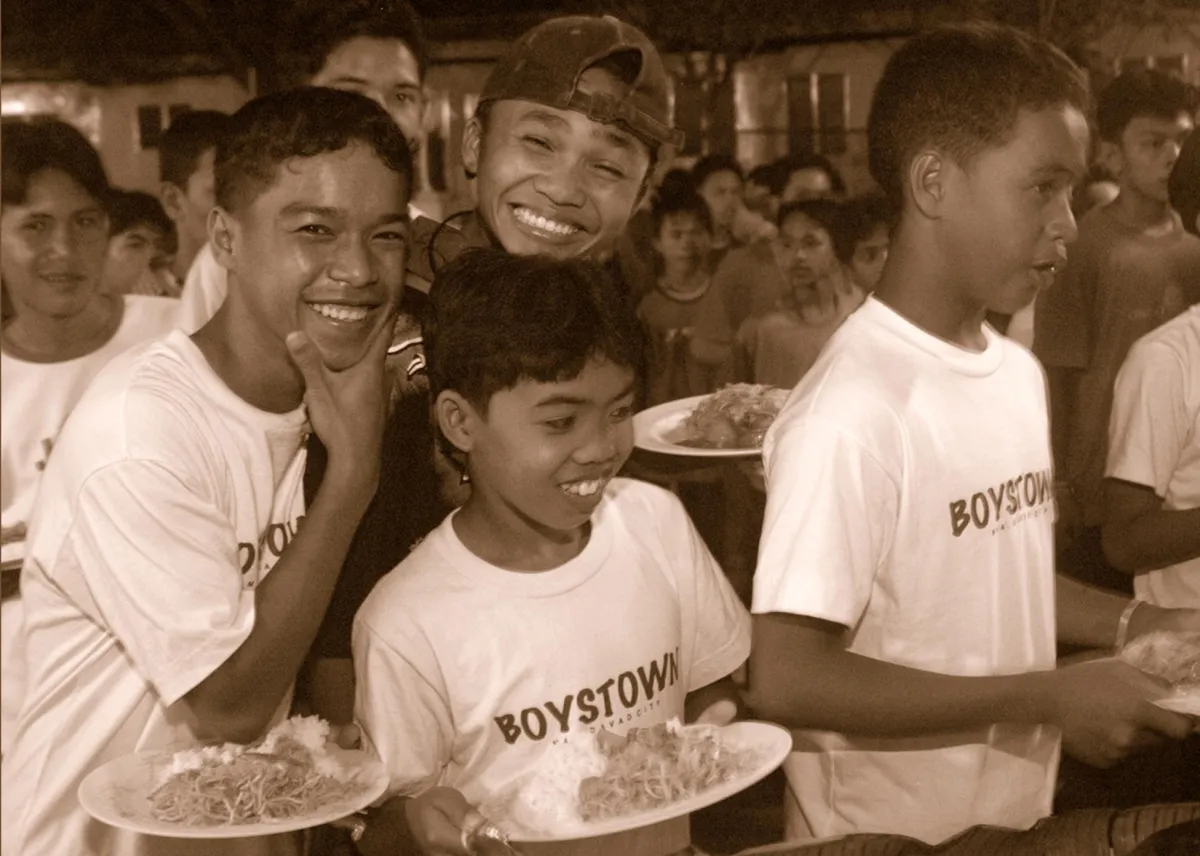
MAKING A DIFFERENCE
In 1970 some concerned members of the community in Davao City, dreaming of a better world to rebuild lives shattered, in body and spirit, of its neglected children, founded BOYSTOWN. As of today, 35 years later, BOYSTOWN has sheltered, helped educate, and trained for life, over 700 boys many of whom have become businessmen, entrepreneurs, engineers, agriculturists, naval architects, and a Priest of God to help others. It is edifying to realize that these men were once neglected children, roaming Davao’s streets, who joined BOYSTOWN’s family and did well in life. In 1999, the Salesian Fathers in the person of Father Franco Uras came to manage BOYSTOWN. Since their arrival and under successive Salesian Executive Directors, the Ma-a Center underwent an unprecedented transformation. Their expertise in dealing with the children has changed the boys’ attitudes; they experience discipline with love. The children attain good grades and are active in various extracurricular activities, such as football, basketball, martial arts, and music. Fulfilling Fr. Uras’ hope to make BOYSTOWN self-sustaining in five years, it now takes pride in its honest-to-goodness Italian style oven wherein “the most delicious Pizzas and bread are baked” (according to those who have partaken the products). The rabbit farm has been generating income for the Centre; specialty restaurants in the city and families fond of gourmet food are some of the sustained buyers of rabbit meat. The chicken and duck farms have now a good inventory of fowl. Organic vegetable farming is revived and ornamental plant-growing was recently initiated. Various facilities were added in the Center, such as the 50-bed dormitory; expansion of dining room and kitchen; music room for the rondalla; construction of food processing laboratory; all of these were completed within the span of five years, with the loving support of the members of the community. With a new Executive Director, Rev. Fr. Jose Generoso Taqueban, SDB, the Center is assured of continuing support of the Don Bosco Fathers. BOYSTYOWN pursues its dream of accommodating more neglected boys who will eventually be useful men in tomorrow’s society: neglected boys today, accomplished, self-respecting men tomorrow! From only 22 wards it had in 1999, BOYSTOWN’s population doubled and redoubled to its present 88, and reached its full capacity of 100 in 2006. In its forty-five years of existence, and with no trust fund or other permanent resource to draw from, BOYSTOWN still has managed to survive and actually grow. This has been done only by the grace of God, the support of the City of Davao and the benevolence of civic-oriented institutions and loyal friends, whose generosity BOYSTOWN prays will never ebb.
SAVING LIVES, ONE AT A TIME
Donald Tanyog
11 years old
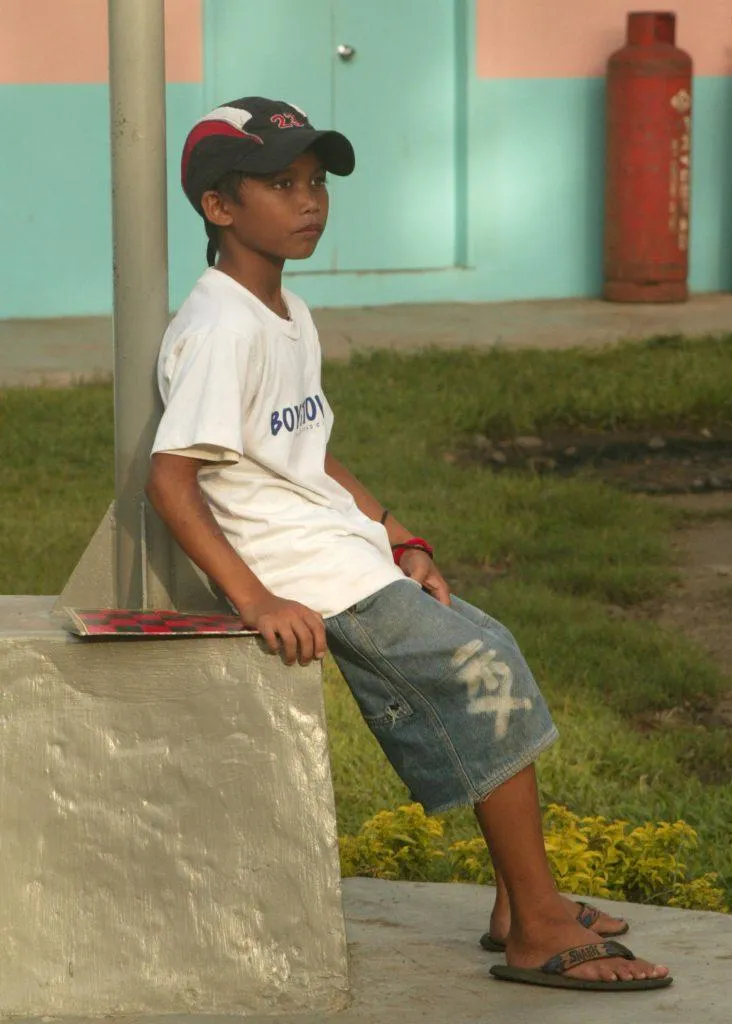
Donald came from a broken family. His father is a fugitive accused of murder. His mother is presently living with another man. The boy was referred to Boystown because his stepfather maltreated him, and even denied him of his basic needs. Donald is a loner type. He is not vocal about his feelings and is less active in class. Though he did not show much interest at school, he tries to do well inside the Center by doing his assigned task regularly. He does not usually mingle with other boys and prefers to stay away from them.
Alvelo Tambalangon Jr.
13 years old
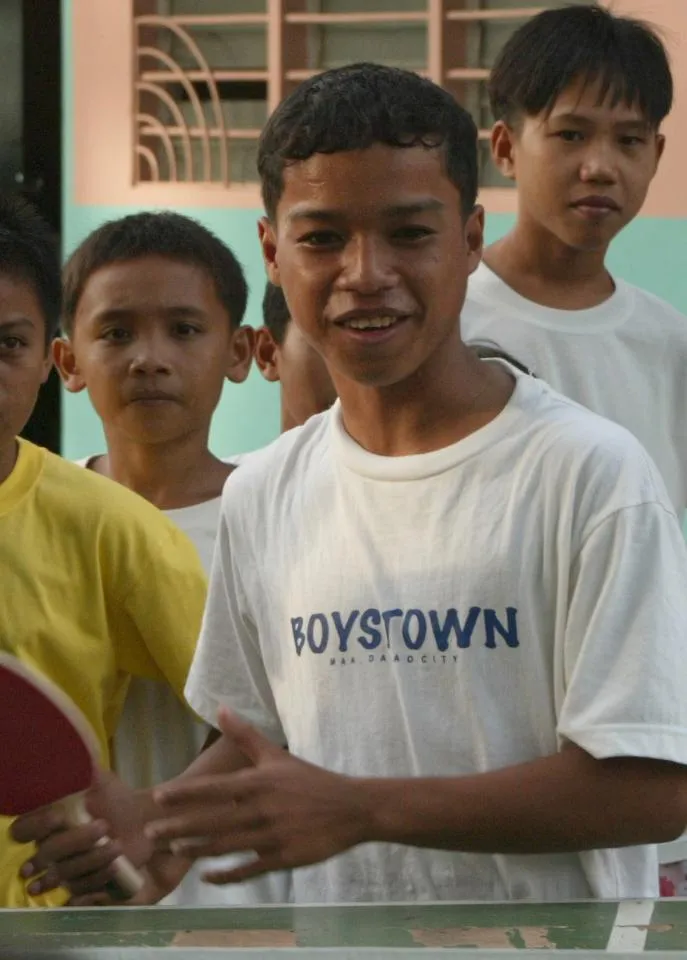
Arvelo Jr. is the 4th child among the eight children of Arvelo Sr. and Marilyn Tambalangon. His father worked as a laborer at Sta. Ana wharf, Davao City carrying sacks of rice, copra, and charcoal, while his mother is a laundrywoman. His parents wanted to send them to school. Their meager income however could not support their enrollment and other needs in school. Back then, the child stayed with his grandfather but he was not treated well by his other relatives so he decided to go back to his real family. Arvelo was able to learn how to earn money for their daily needs by collecting garbage from their neighbors. He was paid 1 peso per bag collected. He also earned as “carwatch boy” near the Jesuit-run Ateneo de Davao University together with his younger brother and cousin Marcial.
With the help of the Missionaries of Charity, Arvelo Jr. and his younger brother Jan Rodel were brought to Boystown. He is enrolled in Grade 6 at Ma-a Elementary School. Arvelo Jr. participates and gives his best in the class. Dancing and acting are among his talents.
Dindo Tumandan
10 years old
